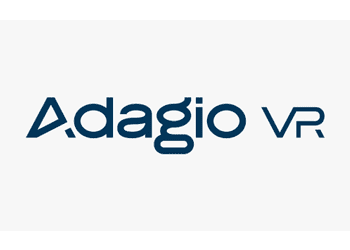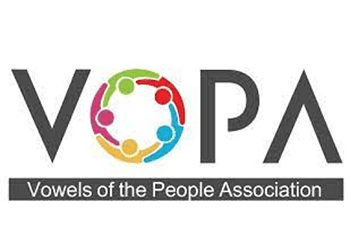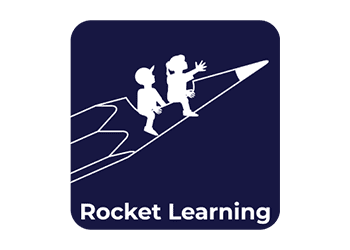In India, research indicates that almost 50% of the prevalence of mental disorders are observed in transgender communities and that there is a visible reluctance to access support due to the real as well as perceived inaccessibility and stigma. In fact, transgender people face a 4x higher risk of mental illness along with unhealthy coping mechanisms due to:
• Stigmatization, oppression, cis-sexism, discrimination, violence, poverty as well as issues such as gender dysphoria and trauma
• Lack of spaces that are sensitive to the needs of the community
There’s a clear need for comprehensive and targeted mental health support for trans communities that is effective, preventative, private, and accessible.
ACT For Health has partnered with MITR Trust to support Adagio VR in delivering a 4-week program for the LGBTQI+ community in India. Adagio VR, an innovative startup co-founded by a British psychiatrist and a serial entrepreneur, offers a preventive wellbeing and behavioural change solution that leverages Virtual Reality (VR) to create impact. The program integrates this technology with cutting-edge clinical techniques, with a 97% success rate in addressing issues such as stress, anxiety, depression, trauma, addiction, and more. With researchers from renowned institutions like Cambridge University, PGI Chandigarh, and the London School of Economics, the solution’s design is backed by expertise and empirical evidence.
Adagio’s users are able to identify and overcome the root cognitive processes that create stress, anxiety, depression, trauma, psychological addiction, sleep issues etc. quicker and more effectively than any other non-clinical intervention in the world. With immediate relief in the first 30-minute session, there is observed systematic transformation in just 4 weeks of regular use. Delivered in Virtual Reality, the user experience is powerfully immersive, uniquely private (does not require users to disclose the details of the issue they are experiencing) and highly engaging.
Our grant will impact 70 individuals, with an additional 70 acting as a control group for research. Participants will be those dealing with distress, mild-moderate trauma, and chronic issues, excluding severe mental illnesses. A community member will be recruited to ensure program delivery is rooted in lived experience, trust, and empowerment. Beneficiaries will receive specialist consultations, VR program tests, educational workshops, access to VR programs, self-led and community exercises, and online support if needed. This research aims to help Adagio VR in establishing clear outcomes for the program to enable scalability in the future.
Overall, this collaboration hopes to bridge the gap in mental health support for transgender communities in India. By leveraging VR technology and expertise, the program strives to provide effective and accessible solutions that address the root causes of distress and disorders resulting from successive trauma.



